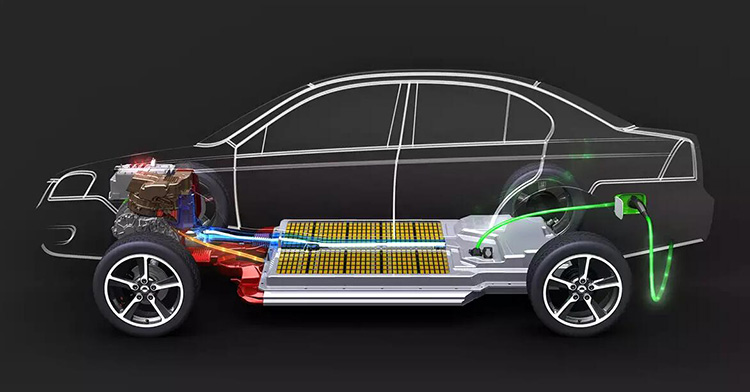Electric cars have become synonymous with innovation and sustainability in the automotive industry, offering a cleaner and greener alternative to traditional gasoline-powered vehicles. At the core of these cutting-edge vehicles lies a fundamental component: voltage. Understanding the voltage of electric cars is crucial for comprehending their power, performance, and efficiency. Let’s delve deeper into the world of Voltage Of Electric Cars and unravel its significance.
Demystifying Voltage Of Electric Cars
Voltage plays a pivotal role in determining the performance and capabilities of electric cars. Essentially, it refers to the electric potential difference between two points in an electric circuit, measured in volts. In the context of electric vehicles, voltage directly influences key aspects such as motor output, battery capacity, and charging capabilities.
The Role of Voltage in Electric Vehicle Batteries
Electric car batteries serve as the primary energy storage units, powering the vehicle’s electric motor and auxiliary systems. The voltage of these batteries dictates their energy capacity and output, impacting factors such as driving range and acceleration. Higher voltage batteries typically offer greater energy density and performance, allowing for extended driving ranges and faster acceleration.
Voltage and Motor Performance
The voltage supplied to the electric motor directly influences its power output and torque characteristics. Motors designed for higher voltage systems can deliver more power and torque, resulting in brisk acceleration and improved overall performance. Additionally, higher voltage systems enable electric cars to maintain higher speeds and tackle steep inclines with ease, enhancing driving dynamics and versatility.
Read too: Unveiling the Innovative Features of the Byd Dolphin Electric Car: Diving into the Future
Charging Infrastructure and Voltage Compatibility
Another crucial aspect of voltage in electric cars is its compatibility with charging infrastructure. Different electric vehicle models may require specific voltage levels for optimal charging performance. For example, rapid charging stations often operate at higher voltages to facilitate quicker charging times, allowing drivers to replenish their vehicle’s battery efficiently during long journeys.
Factors Affecting Voltage Of Electric Cars
Several factors influence the voltage of electric cars, including:
- Battery Technology: Advancements in battery technology, such as lithium-ion cells, have led to higher voltage batteries with improved energy density and performance.
- Vehicle Design: The design and architecture of electric vehicles play a significant role in determining the voltage requirements and overall performance characteristics.
- Charging Infrastructure: The availability of charging infrastructure with varying voltage levels influences the charging capabilities and convenience of electric cars.
Future Trends in Voltage Of Electric Cars
As electric vehicle technology continues to evolve, several trends are shaping the future of Voltage Of Electric Cars:
- Increased Voltage Levels: Manufacturers are exploring higher voltage systems to unlock greater performance and efficiency potential in electric vehicles.
- Enhanced Charging Infrastructure: Investments in charging infrastructure with higher voltage capabilities are expected to facilitate faster charging times and widespread adoption of electric cars.
- Integration with Renewable Energy: The convergence of electric vehicles with renewable energy sources, such as solar and wind, may further optimize the efficiency and sustainability of Voltage Of Electric Cars.
Conclusion
Voltage is a critical parameter in the realm of electric cars, influencing their power, performance, and charging capabilities. By understanding the significance of Voltage Of Electric Cars, consumers can make informed decisions when selecting electric vehicle models and navigating the evolving landscape of sustainable transportation.
As technology continues to advance and infrastructure expands, Voltage Of Electric Cars will play an increasingly pivotal role in shaping the future of mobility, ushering in an era of cleaner, greener, and more efficient transportation.
